Kenya Parliament Initiates Public Consultation on Contentious Constitutional Amendments
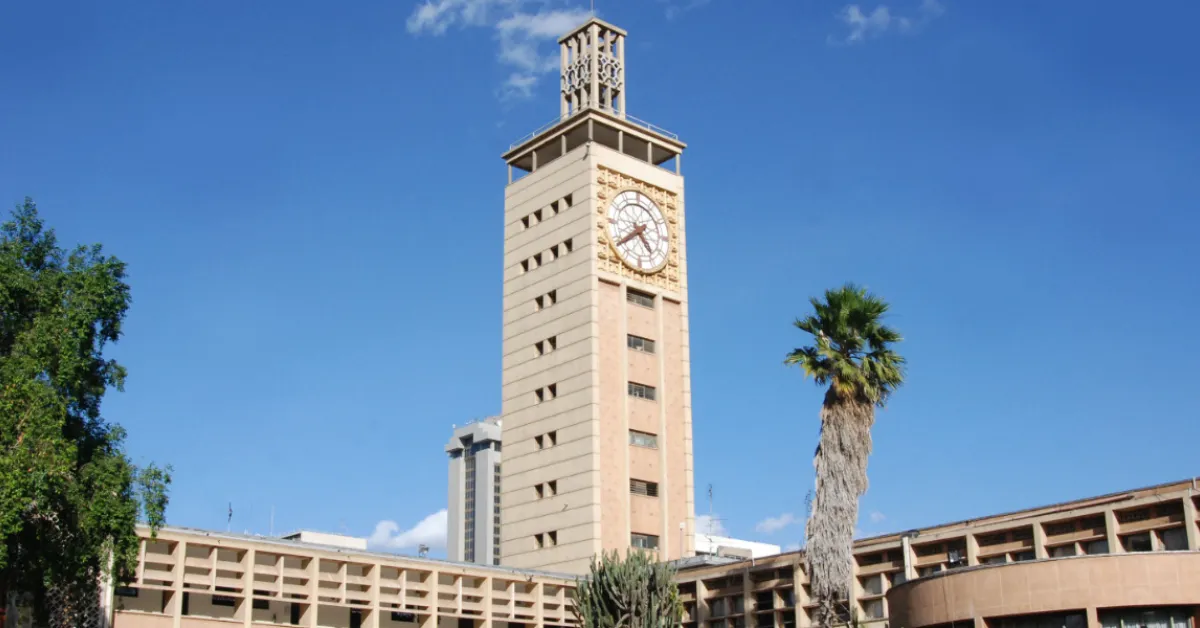
The Kenyan Parliament has launched a nationwide public consultation process commencing May 5.
The aim is to enshrine the National Government Constituency Development Fund (NG-CDF), the National Government Affirmative Action Fund (NGAAF), and the proposed Senate Oversight Fund into the Constitution. This initiative follows a series of legal challenges questioning the legitimacy of these Funds, compelling lawmakers to seek constitutional amendments to ensure their continued operation. Spearheaded by Rarieda MP Otiende Amollo and Ainabkoi MP Samuel Chepkonga, the Constitution of Kenya (Amendment) Bill, 2025, proposes integrating these Funds directly into the Constitution.
Scheduled from May 5–7, the public participation exercise will span all counties and constituencies, providing Kenyan citizens with a platform to influence the proposed amendments. Parliamentarians intend to garner widespread support for the amendments amid complex legal and political considerations. The drive for constitutional amendments is a direct response to persistent legal challenges against the NG-CDF.
Courts have repeatedly ruled that the Fund, as currently structured, violates the Constitution. National Assembly Speaker Moses Wetang’ula has affirmed that public participation is a constitutional mandate under Article 256, underscoring the need for transparency and inclusivity throughout the amendment process.
“The process of changing the Constitution is a solemn undertaking,” Wetang’ula stated. “All procedures must adhere strictly to the Supreme Law, ensuring transparency and accountability.”
To facilitate public involvement, 337 designated venues—including all constituency and Woman Representative offices—will serve as consultation points. National Assembly Clerk Samuel Njoroge has indicated that written submissions from the public will be supplemented by a standardised feedback form. Parliamentary staff will be available to assist individuals who require help understanding the Bill, which will be accessible in both Kiswahili and English.
The consultation process aims to be as inclusive as possible, with feedback from constituencies compiled and published upon completion. Wetang’ula has urged all MPs to actively participate and provide guidance during the consultations. The campaign to constitutionally secure the Funds faces considerable political and logistical challenges. Speaker Wetang’ula has scheduled an informal meeting of MPs for April 29 to brief lawmakers on the operational details of the public participation exercise. Despite these preparations, opposition to the amendments remains palpable.
Orange Democratic Movement (ODM) leader Raila Odinga has called on MPs to cede control of the NG-CDF, asserting that it undermines the authority of devolved governments. Speaking at the burial of former Kisumu Town MP Ken Nyagudi in Siaya, Odinga warned that the NG-CDF issue could dominate the 2027 General Election, posing significant risks for lawmakers who resist reform.
“The courts were clear that NG-CDF is unconstitutional,” Odinga stated. “If our MPs do not change, this will become a focal point in the coming elections.”
Despite these warnings, MPs have staunchly defended the Funds. They have pressured National Treasury Cabinet Secretary John Mbadi to release NG-CDF allocations, highlighting the Fund’s vital role in supporting disadvantaged students and promoting development at the constituency level. Many lawmakers regard the NG-CDF as crucial for their political survival, with its elimination potentially jeopardising their re-election prospects in 2027.
The entrenchment of the three Funds is not the sole focus of the proposed amendments. Women Representatives have advocated for including the two-thirds gender rule in the public participation exercise. Some female MPs view this as a crucial opportunity to address gender inequality, which has repeatedly stalled in Parliament. Adding to the complexity, the Bill requires a two-thirds majority to pass. While the National Assembly is confident in securing the necessary votes, concerns remain regarding potential resistance from the Senate.
Rivalries between the two Houses and the Senate’s oversight mandate could obstruct the process. This dynamic is particularly relevant to the proposed Senate Oversight Fund, which faces criticism for potentially duplicating the Senate’s constitutionally defined functions. Non-Governmental Organisations (NGOs) are reportedly preparing to challenge the amendments in court, arguing that the process contradicts previous judicial rulings declaring the NG-CDF unconstitutional.
Opposition to the Senate Oversight Fund is expected to intensify, with critics questioning its necessity and compatibility with Article 96 of the Constitution.


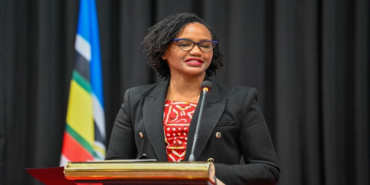
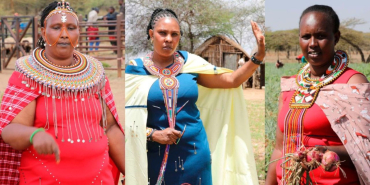
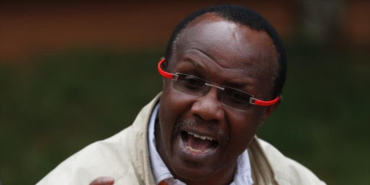
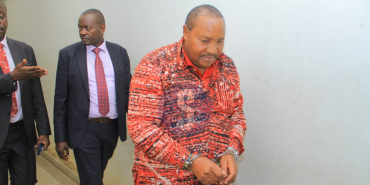
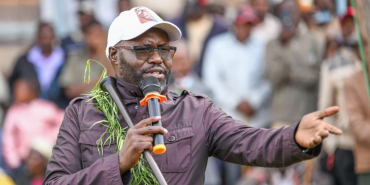
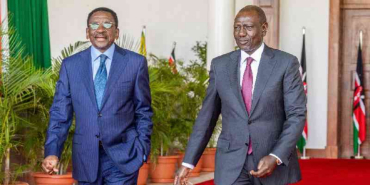

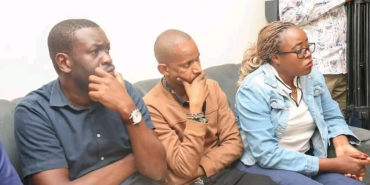


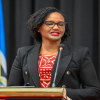
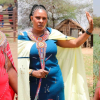
Add new comment